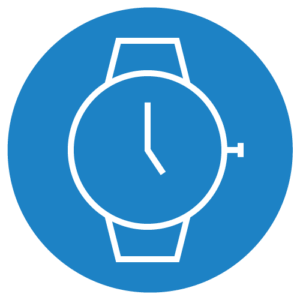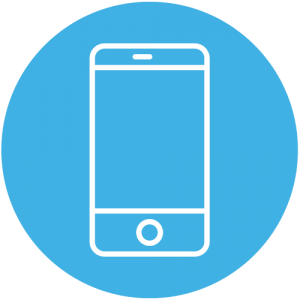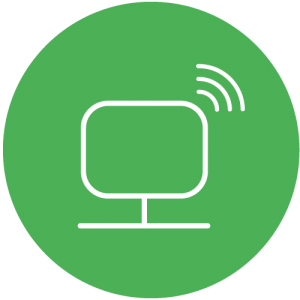Because most people with Down syndrome have mild to moderate cognitive delays, the goal is to integrate individuals with Down syndrome into daily life, society and community organizations like schools, recreational activities and work.
In addition, persons with Down syndrome are living longer and leading healthy lives, thanks to medical technology and new life line alert systems for monitoring. Today, 80% of adults with Down syndrome are reaching 60 years old or more.
More good news is that people who have Down syndrome are interacting in more ways than before – at school, work, in relationships and in society. All parents and caregivers to individuals with Down syndrome want to encourage this independence, yet still want to be connected to their loved one to help if needed. Many families turn to some sort of Down syndrome alert device such as a Down syndrome bracelet or personal GPS tracking device to support this independence. But, new technologies are expanding family and caregiver’s abilities to not only know where their loved one is, but also understand more about their condition and situation, and communicate with loved ones directly, wherever they are, to check in.








